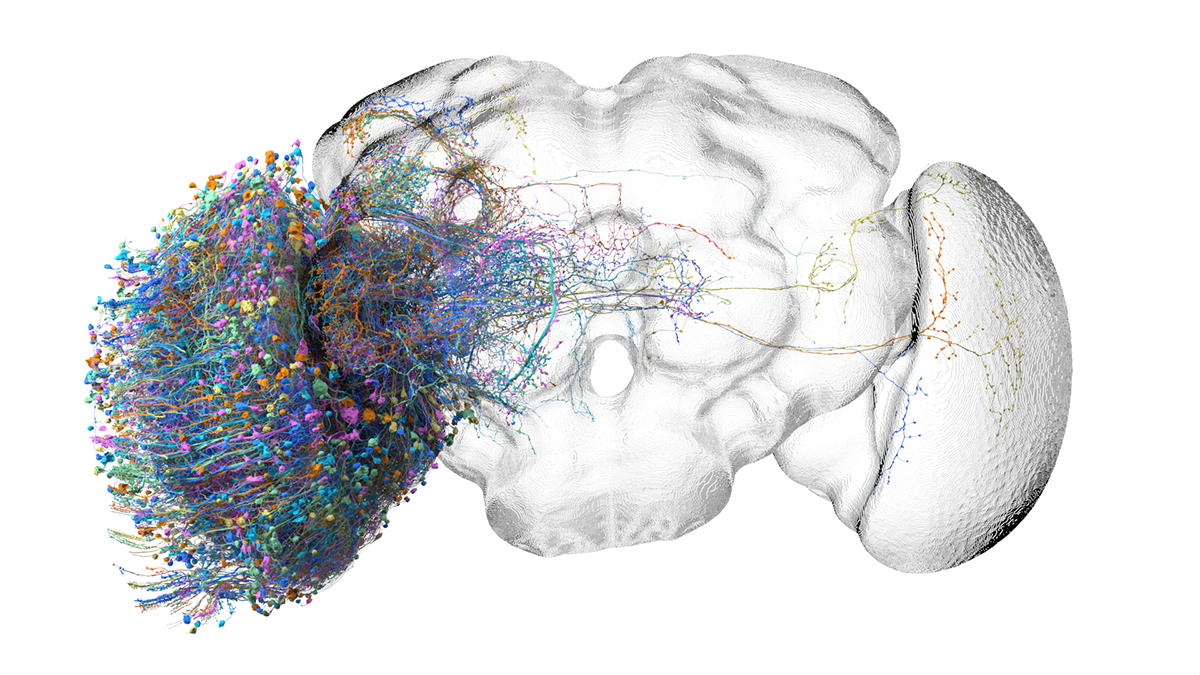
Patriotism and polarisation America’s history wars
P ARENTS ARE outraged by a new curriculum. Politicians worry that educators are indoctrinating pupils with un-American revisionist history. Progressives argue that this updated version of the curriculum reflects an American reality that should not be hidden from children. Both sides clash at school meetings, teachers are under fire. At issue could be the current controversy over critical race theory in classrooms. Or it could be one of the many skirmishes during the past century over history education, from whether it was pro-British to whether it was pro-Marxist.
Critical race theory (CRT), which has become the battleground this time, originated in the 1970s as a legal perspective that emphasised the role of systemic racism (as opposed to the individual sort) in replicating inequality. The Goldwater Institute, a conservative think-tank seeking to prevent the teaching of critical race theory in schools, describes the set of ideas thus: a “perspective…that believes all the events and ideas around us…must be explained in terms of racial identities”. Complicating the argument is the fact that some conservatives use the phrase to encompass everything from discussions about institutional racism to diversity training.
Twenty-six states have introduced measures that would limit critical race theory in public schools, according to EdWeek. Federal legislators are also piling into the debate. Seven Republican senators, including the minority leader, Mitch McConnell, reintroduced the “Saving American History Act” in June to limit federal funding to schools that use a curriculum derived from the 1619 Project, a set of Pulitzer-prize-winning essays published by the New York Times magazine that puts slavery at the centre of the nation’s founding and development (and received mixed reviews from professional historians). The federal bill, originally introduced in July 2020, is mostly symbolic: Congress has little control over state and local curriculums, and the bill is unlikely to pass when there are Democratic majorities in the House and Senate. But the politics is clear. Republicans are convinced that a war on critical race theory is good politics, even if attempts to ban it might prove unconstitutional.













